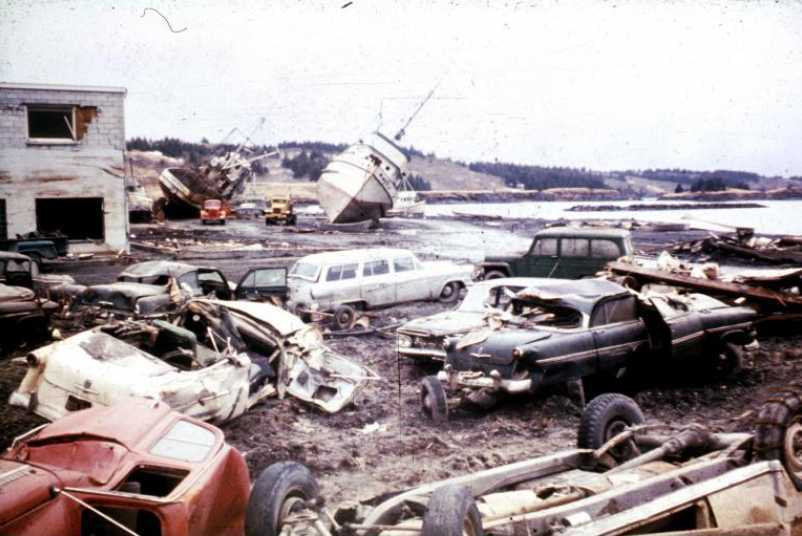A huge dock that was cast away by last year's devastating Japanese tsunami has washed ashore 8,000 kilometers away on an Oregon beach in the northwest U.S. Pacific region.
The 65.5 foot-long concrete and metal structure came ashore early Tuesday morning about 105 miles southwest of Portland, ending a nearly 15-month journey across the Pacific Ocean. Chris Havel, a spokesman for the state’s Parks and Recreation Department, said Japanese diplomats confirmed the floating dock came from the northwest part of the country, thanks to a small metal plaque with Japanese writing attached to it. ,
Various debris from the March 11, 2011 natural disaster began appearing along the western U.S. coast. But Havel said authorities were not expecting any debris of this size to wash up on U.S. shores for a long time.
|
|
“The larger, heavier objects that were mostly submerged, the prediction was those would be driven mainly by currents, and that the guess was that those would take a little more time to arrive, it would mainly arrive next year,” said Havel. “So seeing something like this, this large, this early, is a surprise, but predictions like that are not a matter of pulling out some book and looking at a table of figures and saying ah-ha, it will take exactly 32.1 months for this object to arrive. There’s a lot that’s not known about circulation patterns out at sea.”
Havel said the dock had an empty space in the middle which allowed it to float across the ocean from Japan to the United States.
Tests conducted on the dock were negative for radiation, which it could have picked up after the tsunami caused a meltdown at the Fukushima nuclear power plant.
Havel says officials are trying to decide how to dispose of the deck, and who would be responsible paying for it.
An abandoned Japanese fishing boat appeared off the coast of the northwestern U.S. state of Alaska in late April, more than a year after it was sent it drifting aimlessly across the Pacific Ocean by the tsunami. It was sunk by a Coast Guard vessel out of concerns it would pose a significant danger to ships sailing in the area.






